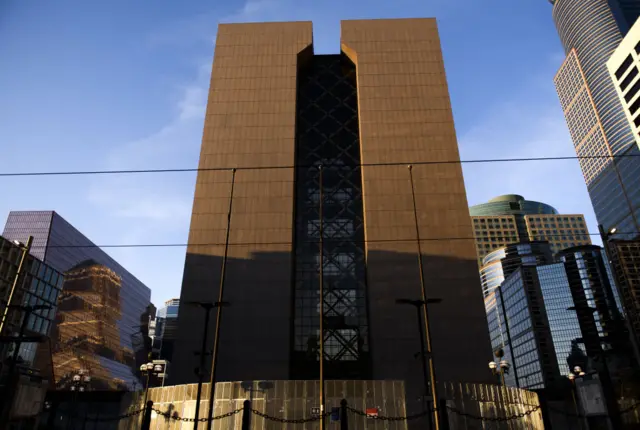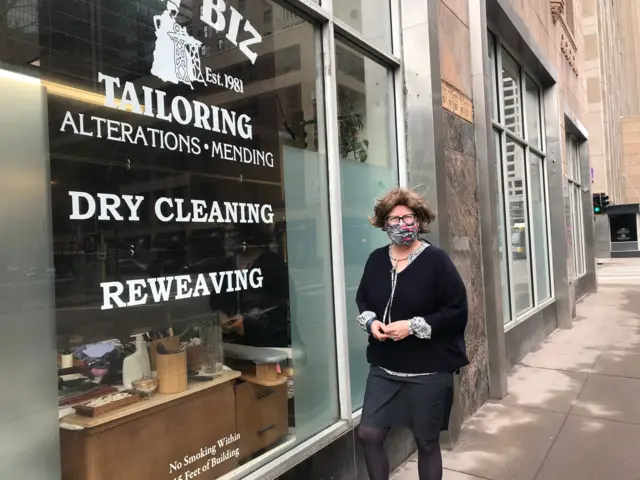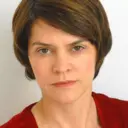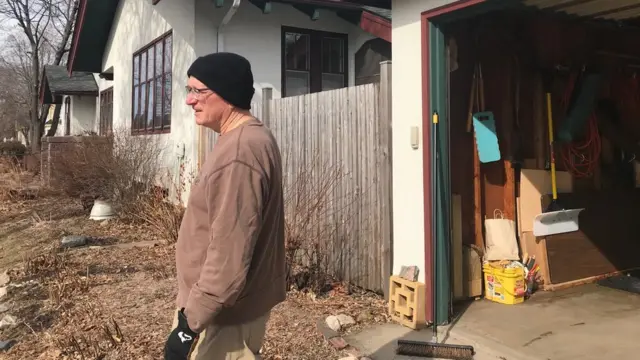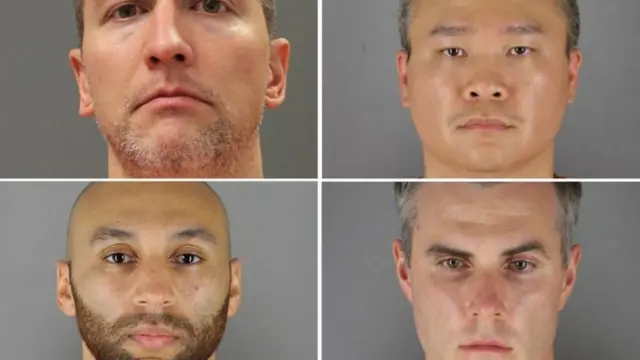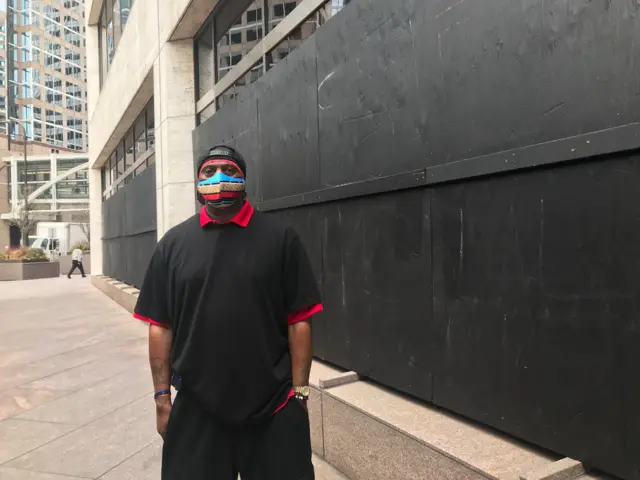Prospective juror has 'favourable' view of Blue Lives Matterpublished at 19:09 GMT 9 March 2021
We've heard a variety of opinions from prospective jurors on this first day of selection.
Just ahead of the break, one possible juror said he holds a favourable view of Blue Lives Matter, a movement that backs police officers.
He disagreed that the criminal justice system is racist, but said individual officers may be. He said that the media exaggerates the problem.
When asked by the defence team what he would do if he had infinite money to fix the system, he said he would give it to Floyd's family. He added that money should also be spent on police training and reform.
He also said he is capable of putting aside his personal opinions if he is called to serve on the jury.
Prosecutors will get their chance to question the possible juror after the recess.
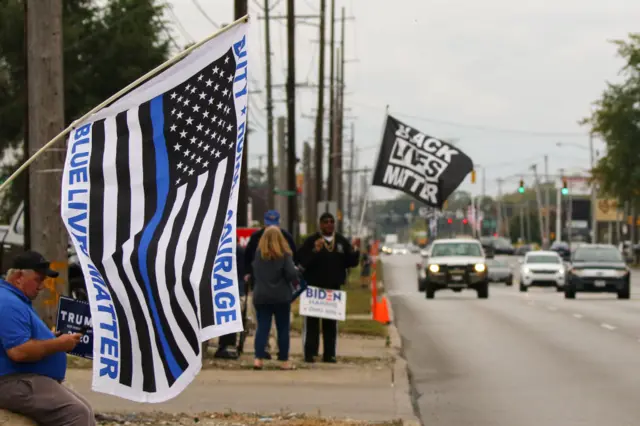 Image source, Getty Images
Image source, Getty ImagesFile photo of Blue Lives Matter flag
